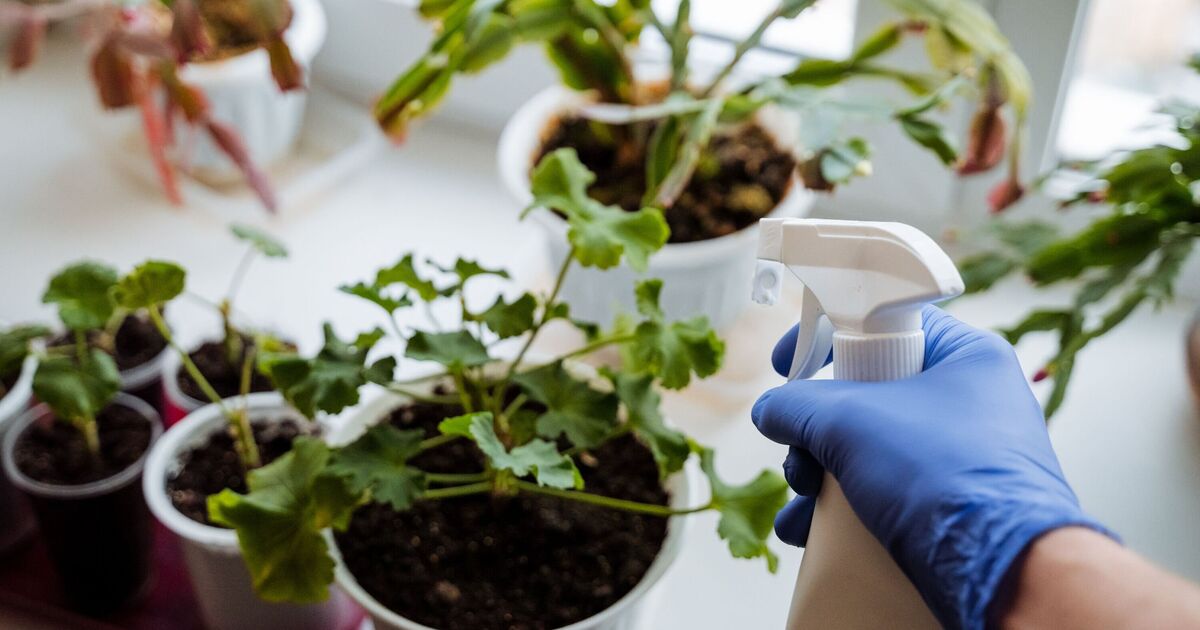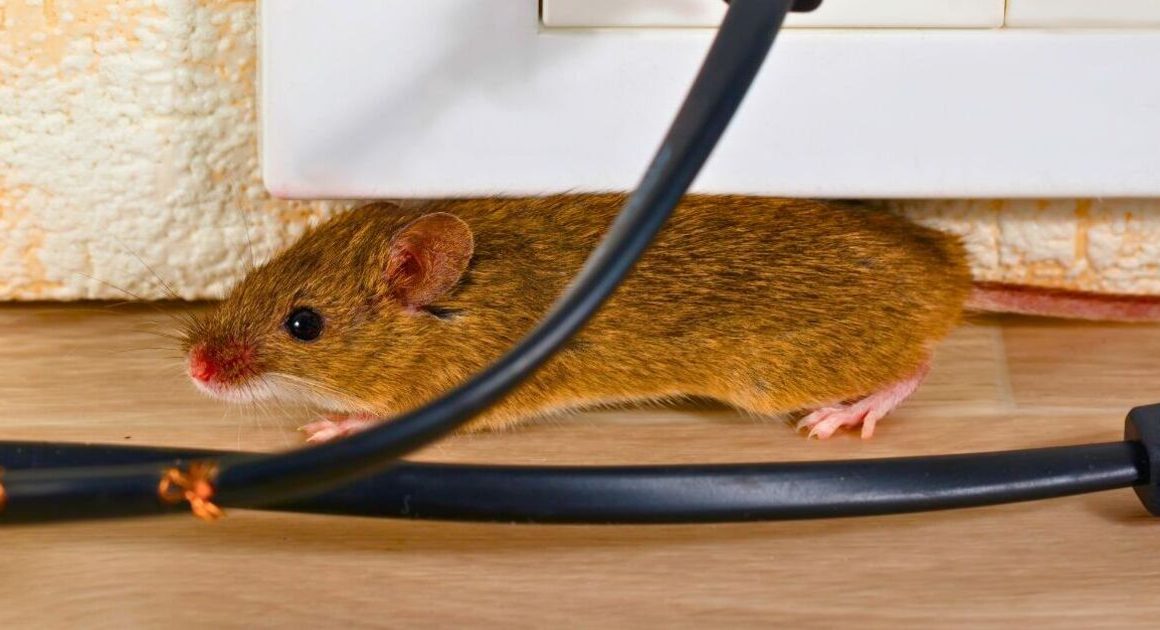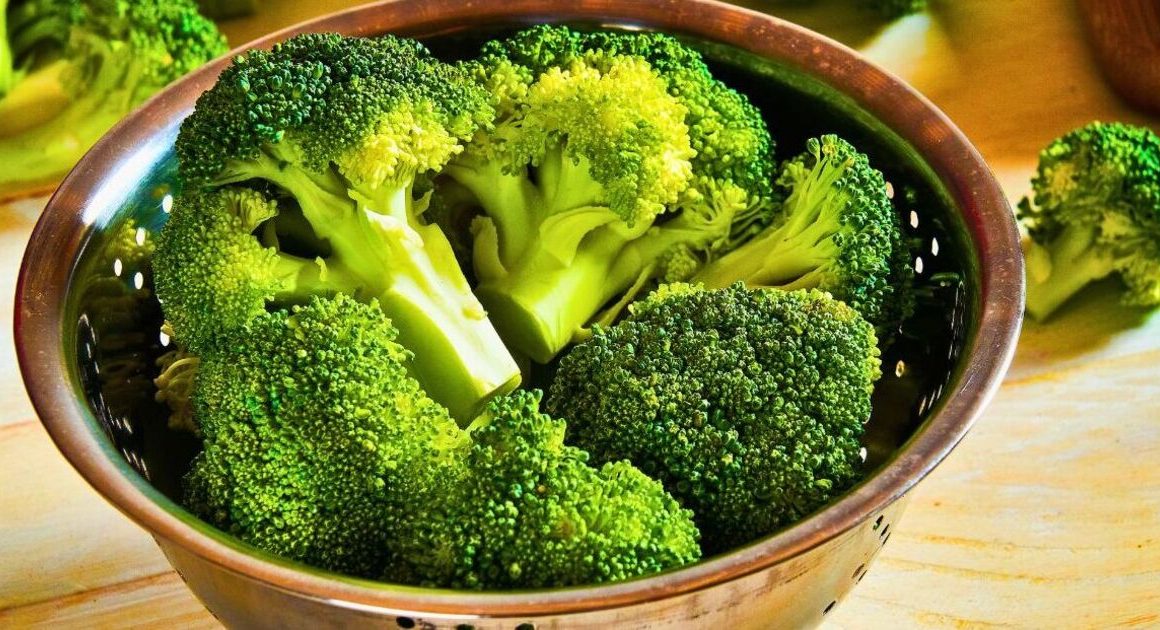A houseplant can be the perfect finishing touch to any home, adding life and vibrancy to whitewashed walls in both new and old spaces.
Whether it’s a gift or a personal addition, a houseplant is often the little something that transforms a house into a home.
However, caring for houseplants comes with great responsibility—one that many people tend to underestimate.
After all, a little water and some sunlight should be enough to keep them alive, right?
Well, that’s where most people go wrong. As extreme as it may sound, looking after a houseplant is not much different from caring for a baby.
You need to be attentive to the specific needs of each plant and ensure you’re providing the proper care to keep your home as vibrant as the plants themselves.
So, as the saying goes, “the grass isn’t always greener on the other side” – especially if you’re not watering it properly!
Even seasoned plant owners can make mistakes, but for first-time plant parents, it’s crucial to avoid the common traps that so many fall into.
Overwatering and underwatering are the most obvious errors, and neglecting to give your plants enough light is another.
But what many people fail to realise is that proper plant care goes beyond these basics.
In fact, there’s a hidden pitfall that even experienced houseplant owners tend to overlook, and it can make or break your indoor garden.
Andy, a houseplant expert from the popular YouTube channel Houseplant Hacks, has pointed out a critical mistake that many newcomers to plant care make: Failing to feed their houseplants properly.
“It may sound obvious,” Andy says, “but not feeding your houseplant is one of the most common mistakes new owners make.”
He explains that many new plant parents are shocked when their houseplants don’t thrive, asking why the plant looks sickly or weak.
More often than not, the answer is simple – the plant is undernourished. The right care isn’t just about watering and sunlight; the plant needs essential nutrients to grow strong and healthy.
“Some of you may be thinking, ‘Why would I forget to feed my plant?’ But it’s more common than you’d think,” Andy adds. “People often ask me why their houseplants are struggling, and when I take a closer look, it’s clear the plant hasn’t been fed properly.”
The expert advises houseplant enthusiasts to keep track of when they last fed their plant, making sure that they are maintaining the right balance of nutrients for optimal growth.
“When I ask people when they last fed their plant, the typical response is, ‘Oh, I didn’t know I needed to do that,'” Andy explains.
“When you first get a plant from the nursery, it’s been grown in an environment where it has had all the nutrients it needs to look its best.
But once you bring it home, those nutrients will eventually run out, and it’s up to you to replenish them.”
Andy notes that during the winter months, plants require fewer nutrients as they enter a period of dormancy.
However, it’s essential to be prepared for the growing season, which kicks off in spring and continues through summer and autumn.
During these warmer months, houseplants are in their active growth phase and need more food, light, and water to thrive.
“Those are the growing months for your houseplant. If you’ve got the watering and lighting just right, that’s fantastic,” Andy says. “But you also need to ensure your plant is in the right environment for that period.”
He points out that houseplants are often grown in pots, which are essentially sterile environments.
Unlike outdoor plants that grow in the ground, which naturally benefit from decomposing organic matter and helpful soil-dwelling organisms, a potted plant relies entirely on the nutrients you provide. Without them, the plant will struggle to grow.
“In nature, plants get nutrients from the soil and from decomposing matter. But in a pot, there’s no natural cycle of nutrients,” Andy explains. “That’s why it’s so important to add nutrients yourself. Without feeding, your plant won’t have what it needs to thrive.”
However, there’s a catch. While it’s essential to feed your houseplant, overdoing it can be just as damaging.
Overfeeding is a common mistake, especially for those new to plant care, and it can be just as harmful as neglecting to feed. Too much food can overwhelm the plant’s system and cause harm.
“The key here is balance,” Andy advises. “It isn’t necessarily better if you overfeed your plant. More nutrients won’t give you more leaves or faster growth. Just like overwatering or giving too much light, overfeeding can cause problems.”
For new plant owners, the challenge is often knowing when enough is enough. How much water, light, and food does your plant really need?
Overwatering and underwatering are easy to fall into, but it’s just as easy to make mistakes with feeding. Too little or too much can both cause serious issues, and finding the sweet spot is essential for healthy plant growth.
Andy also cautions against the misconception that houseplants are low-maintenance. While they may not need daily attention, they still require regular care, including proper feeding, watering, and light exposure.
When houseplants are neglected, it’s not just the aesthetics that suffer – the plant’s health will deteriorate too, leaving you with a drooping, sad-looking addition to your home.
“Just the right amount is always better,” Andy concludes. “The key to successful houseplant care is understanding your plant’s needs and making sure you’re providing a balanced environment for it to thrive.”
In short, caring for houseplants is more involved than simply watering and placing them in the sun.
It’s about understanding the needs of each individual plant, feeding it properly, and avoiding the common mistakes that can lead to an unhappy, unhealthy plant.
With a little extra attention and care, your houseplants will reward you with beautiful greenery that will flourish in your home for years to come.












